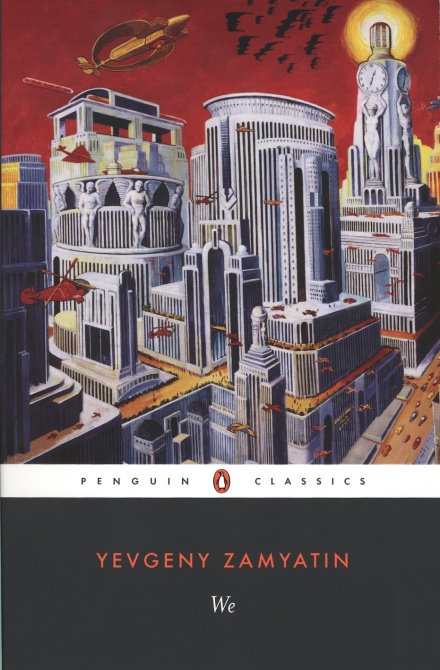
Brave New World
Book Description
In a world where happiness is manufactured and individuality is erased, a disillusioned outsider grapples with the costs of a perfect society. Citizens are engineered for contentment, but beneath the glossy surface lies a chilling truth. As forbidden emotions awaken, tensions rise, and loyalty clashes with the quest for freedom. Relationships twist and elaborate as loyalty is tested in the face of conformity. What happens when one man dares to challenge the system and confronts the bleak realities hidden behind the facade? In this mind-bending dystopian tale, will courage be enough to ignite a revolution?
Quick Book Summary
"Brave New World" by Aldous Huxley envisions a futuristic society engineered for maximum happiness through rigid conformity, technological control, and suppression of individuality. Citizens are genetically designed for specific social roles and conditioned from birth to avoid pain, conflict, and deep emotion. Happiness is ensured through a constant supply of the drug soma and the promotion of casual pleasure. However, as outsider John the Savage enters this artificial world, the underlying costs of comfort and the loss of freedom and humanity are exposed. Through the eyes of John and several disillusioned citizens, the novel explores themes of dehumanization, the dangers of state control, and the irrepressible yearning for meaning and authentic connection. Ultimately, the book questions whether true happiness can exist without freedom and individuality.
Summary of Key Ideas
Table of Contents
The Price of Engineered Happiness
The story is set in the World State, a future society where advanced biotechnology and psychological conditioning have eradicated war, hunger, and social unrest. Citizens are bred in Hatcheries and assigned to specific castes, ensuring order and productivity. From infancy, people are conditioned to accept their roles unquestioningly, favoring stability and happiness over freedom or personal fulfillment. Soma, a government-provided drug, keeps people placid and content.
Individuality versus Conformity
Amid this polished surface, Bernard Marx and Lenina Crowne, two inhabitants of the World State, struggle with feelings of alienation. Bernard is more independent and sensitive, questioning the uniformity and shallow pleasures of his world. Lenina, while more conventional, is drawn to Bernard’s unconventional nature. Their relationship introduces the reader to the emotional vacuity of this society, where real relationships are discouraged in favor of hedonistic, commitment-free pleasures.
The Role of Technology and Conditioning
The narrative takes a dramatic turn when Bernard and Lenina visit a Savage Reservation, a place where people live outside World State control. There, they encounter John, the son of two World State citizens who was raised among the "savages." John’s experience with literature and religion shapes his worldview, making his perspective starkly different from those in the World State. When he travels with Bernard and Lenina back to civilization, his sense of dislocation becomes a powerful symbol of the conflict between individuality and conformity.
Loss of Authenticity and Meaning
John’s presence in the World State exposes the emptiness beneath the surface of constant pleasure and manufactured happiness. His revulsion at the lack of authenticity, deep emotion, and personal connection leads to social upheaval. The novel’s climax occurs as John rejects the very foundations of the World State, clashing with its most powerful leader, Mustapha Mond. Through this confrontation, Huxley explores whether it is possible to have both happiness and freedom, or if the pursuit of one inevitably destroys the other.
The Conflict Between Freedom and Stability
Ultimately, "Brave New World" offers a chilling meditation on the costs of sacrificing humanity for the sake of social harmony and pleasure. By following the tragic arcs of John, Bernard, and others, Huxley critiques a society that values comfort over truth, and safety over self-determination. The novel's enduring relevance lies in its warning about the dangers of technological advancement unchecked by ethical considerations, and its portrayal of the human need for meaning, suffering, and real connection.
Download This Summary
Get a free PDF of this summary instantly — no email required.





